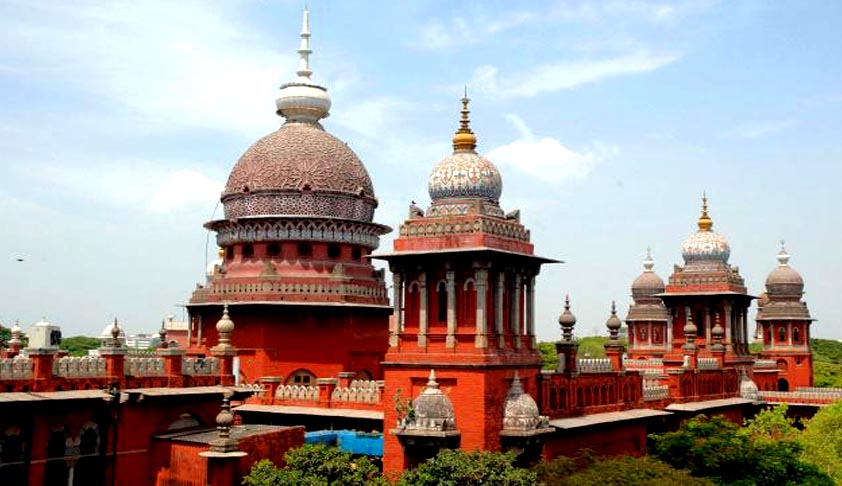Justice D. Hariparanthaman of the Madras High Court has ruled that a married daughter of a deceased government employee is eligible for appointment under compassionate grounds.The Court ruled, "There cannot be any discrimination between a married son and a married daughter. Making discrimination between a son and a daughter on the ground of marriage is arbitrary and violative of fundamental...

